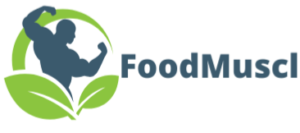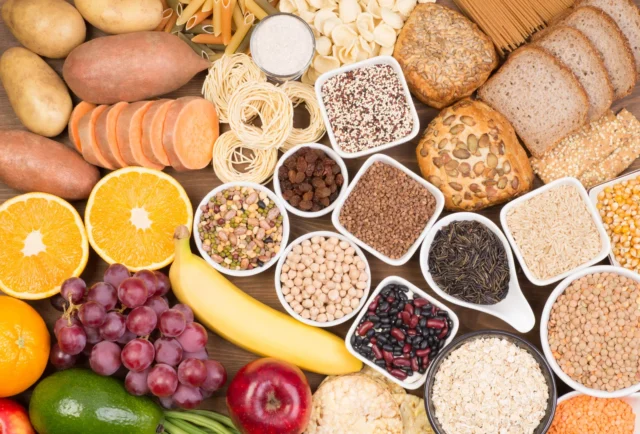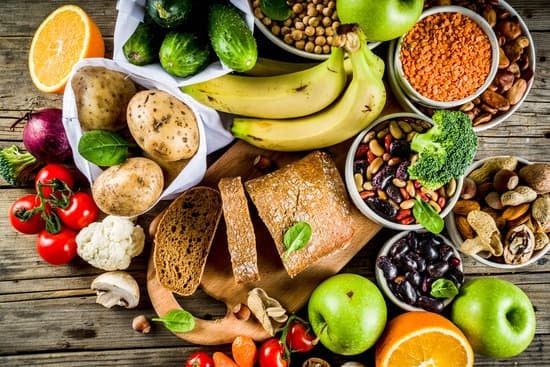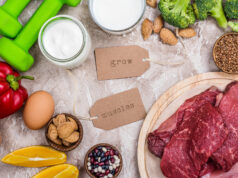Foods Rich in Zinc for Vegetarians
Zinc is essential for numerous vital functions in the body, including supporting the immune system to fight infections and promote wound healing, aiding in proper growth and development in children and adolescents, contributing to cell division and DNA synthesis for tissue repair and regeneration, enhancing skin health by reducing acne and inflammation, supporting neurological function for optimal brain health and cognition, and playing a crucial role in reproductive health by regulating hormones and supporting fertility. Additionally, zinc acts as an antioxidant, helps maintain a healthy sense of taste and smell, and contributes to the production of proteins and enzymes that are vital for overall bodily functions.
1. pulses Food
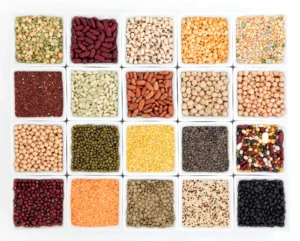
pulses are an excellent source of zinc, though they contain phytates that may reduce zinc absorption. Soaking, sprouting, or fermenting legumes can enhance bioavailability.
Pulses and soy products are nutritious and versatile ingredients used in various dishes worldwide. Chickpeas are popular in hummus, salads, and soups, while lentils add richness to curries, soups, and stews. Black beans are great for burritos, soups, and salads, whereas kidney beans are commonly found in chili and stews. Additionally, soy-based products like tofu, tempeh, and soy milk not only provide a good source of zinc.
2. Kernels and Nuts
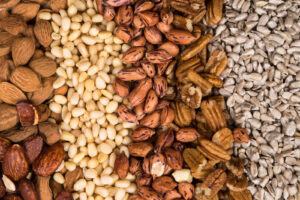
Nuts and seeds are a concentrated source of zinc and healthy fats, with pumpkin seeds being one of the richest vegetarian sources, sunflower seeds easily added to salads and smoothies, sesame seeds commonly found in tahini, hummus, and baked goods, and hemp seeds making a nutritious addition to oatmeal, yogurt, or smoothies, while almonds, cashews, and walnuts provide moderate amounts of zinc and serve as excellent snack options that support heart health, brain function.
3. Whole Grains
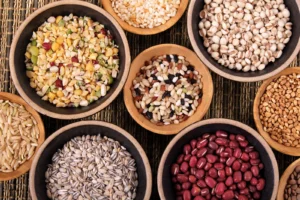
Whole grains, such as quinoa, brown rice, oats, and whole wheat bread or pasta, are rich sources of zinc and other essential minerals; however, they also contain phytates, which can hinder zinc absorption. Quinoa is particularly protein-rich, brown rice offers fiber alongside zinc, oats are commonly found in oatmeal, granola, and energy bars, while whole wheat products provide a better zinc intake than their refined counterparts.
4. Vegetables
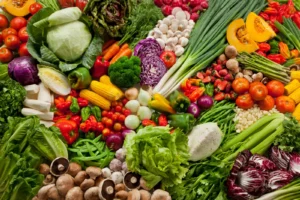
Although vegetables generally contain lower zinc levels, certain ones provide moderate amounts; for example, mushrooms—particularly shiitake and white varieties—are good sources, while spinach, a nutrient-dense leafy green, offers a notable zinc boost. Additionally, kale and broccoli contribute small amounts along with essential fiber and vitamins, whereas garlic and onions not only enhance zinc absorption but also support immune function due to their rich antioxidant and sulfur compound content.
5. Dairy Products (for Lacto-Vegetarians)
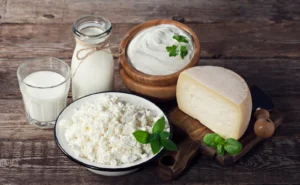
Dairy products, such as cheddar and Swiss cheese, as well as milk and yogurt, are excellent sources of zinc for vegetarians who consume animal-derived products, also providing essential nutrients like calcium for bone health and probiotics for gut health.
6. Fortified Foods

Many vegetarian-friendly products, such as whole-grain breakfast cereals, plant-based milks (like soy, almond, and oat), and nutritional yeast, are fortified with zinc, offering a valuable source of this essential mineral along with other nutrients like protein and B vitamins, helping vegans meet their zinc requirements.
The recommended daily intake of zinc varies by age, gender, and specific conditions: children aged 1-8 years need 3-5 mg, adolescents aged 9-18 years require 8-11 mg, adult men need 11 mg, adult women need 8 mg, pregnant women require 11-12 mg, and lactating women need 12-13 mg, as zinc plays a vital role in immune function, wound healing, DNA synthesis, and growth.
Enhancing Zinc Absorption on a Vegetarian Diet
Since plant-based foods contain phytates, which can hinder zinc absorption, vegetarians should follow these strategies to maximize zinc intake:
- Soak and Sprout Legumes and Grains: This reduces phytates and enhances zinc absorption.
- Consume Fermented Foods: Tempeh, miso, and fermented grains increase zinc bioavailability.
- Pair with Vitamin C-Rich Foods: Citrus fruits, bell peppers, and tomatoes help improve zinc absorption.
- Reduce Excessive Calcium and Iron Intake: High doses of calcium or iron supplements may compete with zinc absorption.
Zinc deficiency, though uncommon, can occur in vegetarians with inadequate zinc intake, leading to symptoms such as weakened immune function, frequent infections, slow wound healing, hair loss, brittle nails, loss of taste and smell, skin issues like acne and dermatitis, as well as fatigue, poor concentration, and impaired cognitive function, with long-term deficiency potentially causing growth delays and developmental issues.
Zinc is an essential mineral that supports immunity, growth, and overall health. While vegetarian diets may require careful planning to ensure adequate zinc intake, a diverse diet rich in legumes, nuts, seeds, whole grains, vegetables, and fortified foods can provide sufficient zinc. By adopting proper food preparation methods and pairing zinc-rich foods with absorption enhancers, vegetarians can meet their nutritional needs effectively.
Read more to know the benefits of Phosphate
